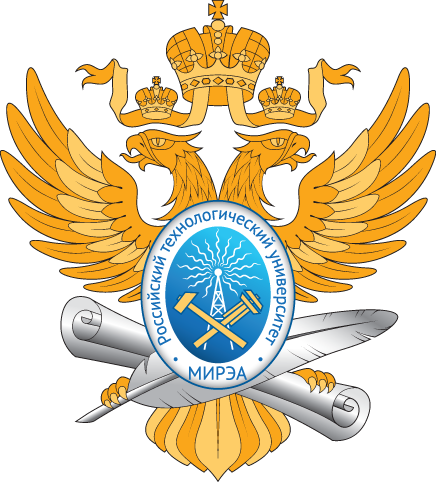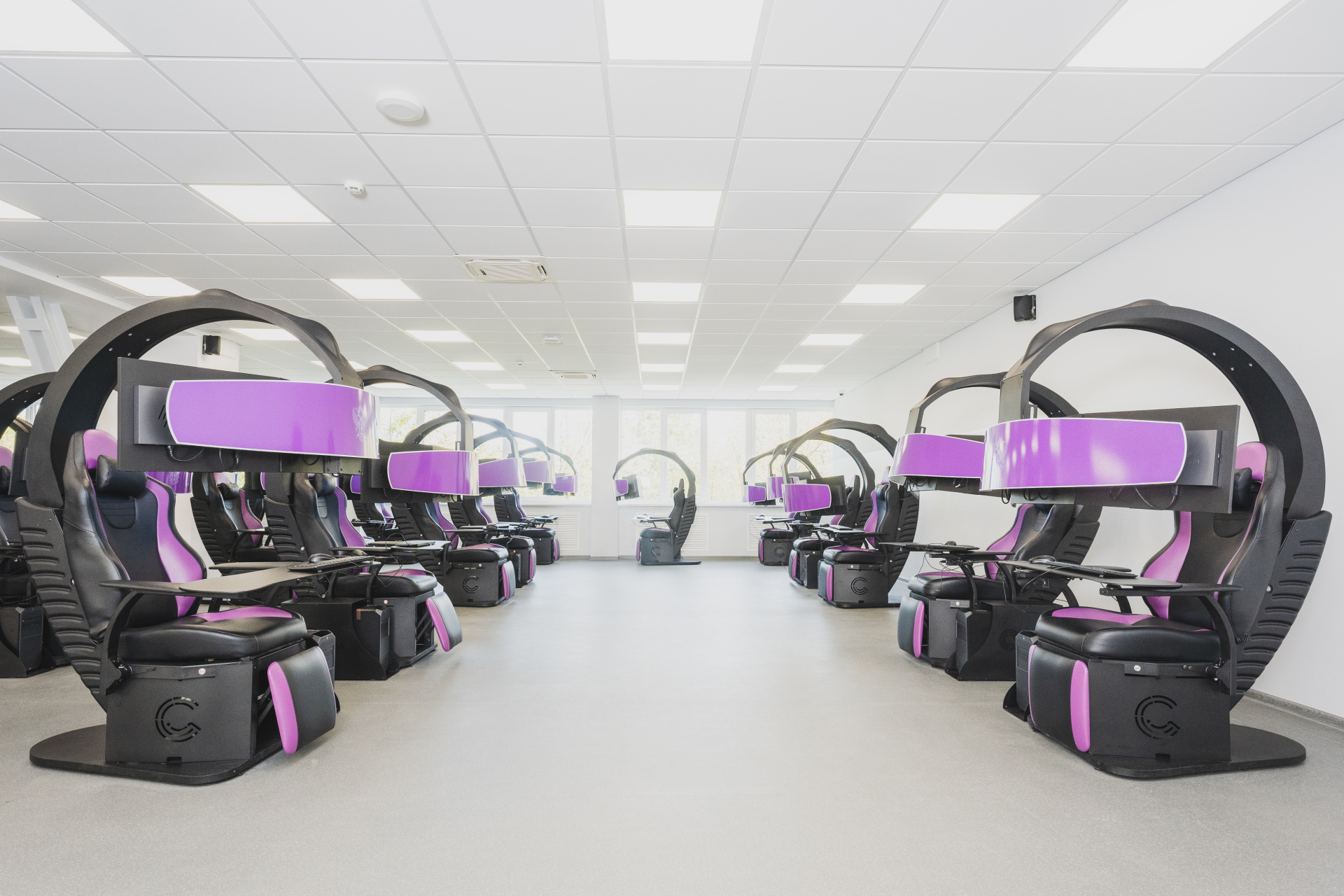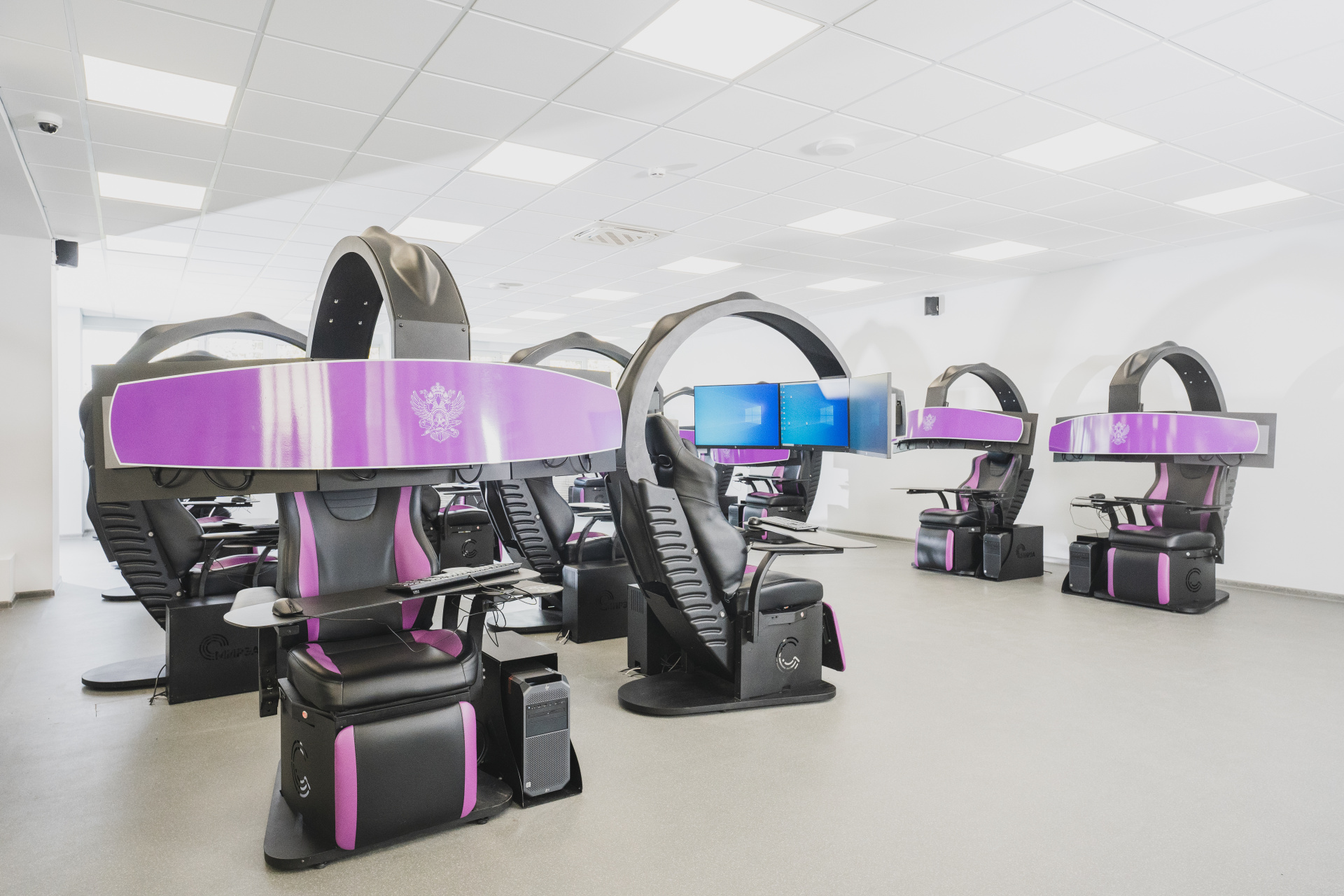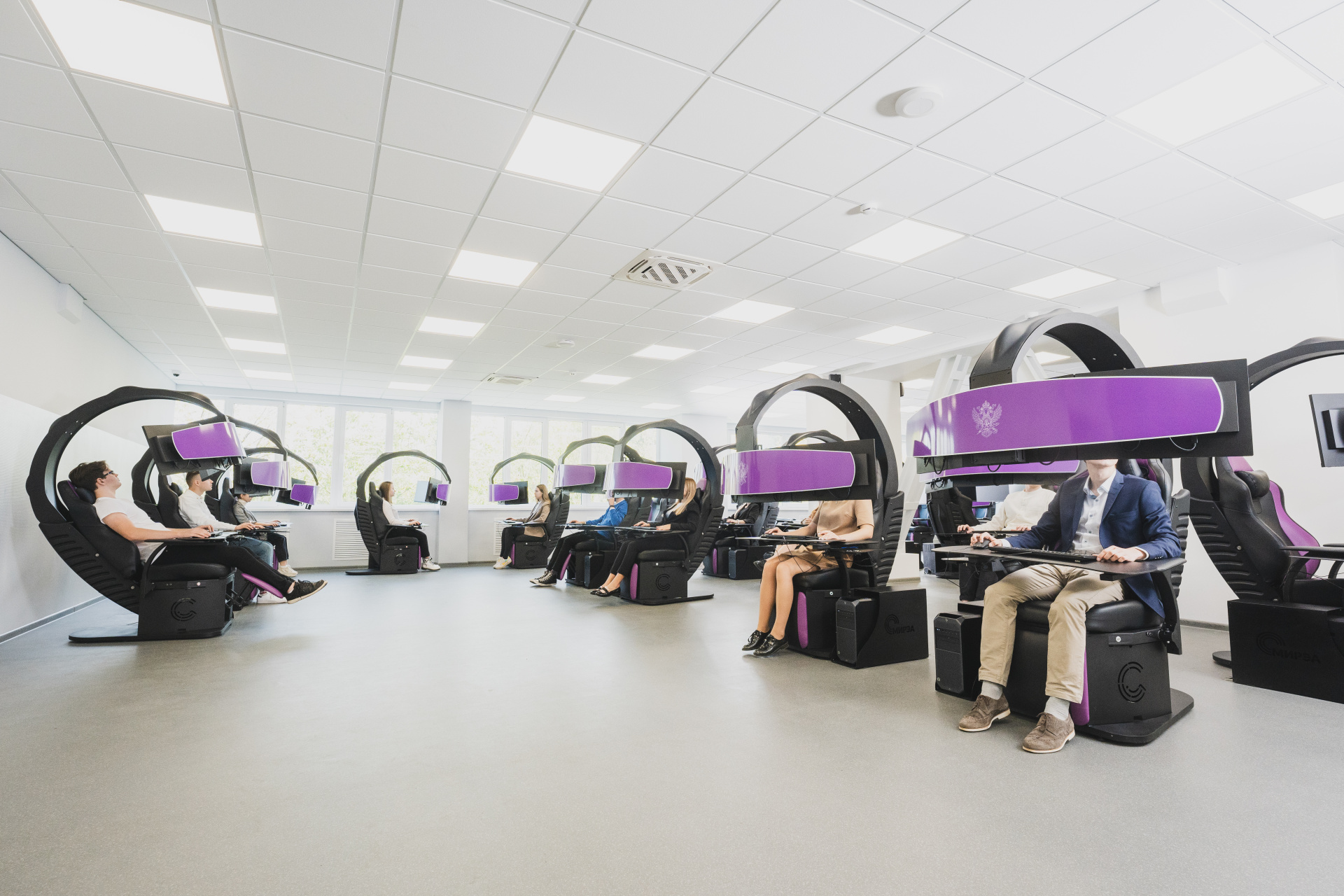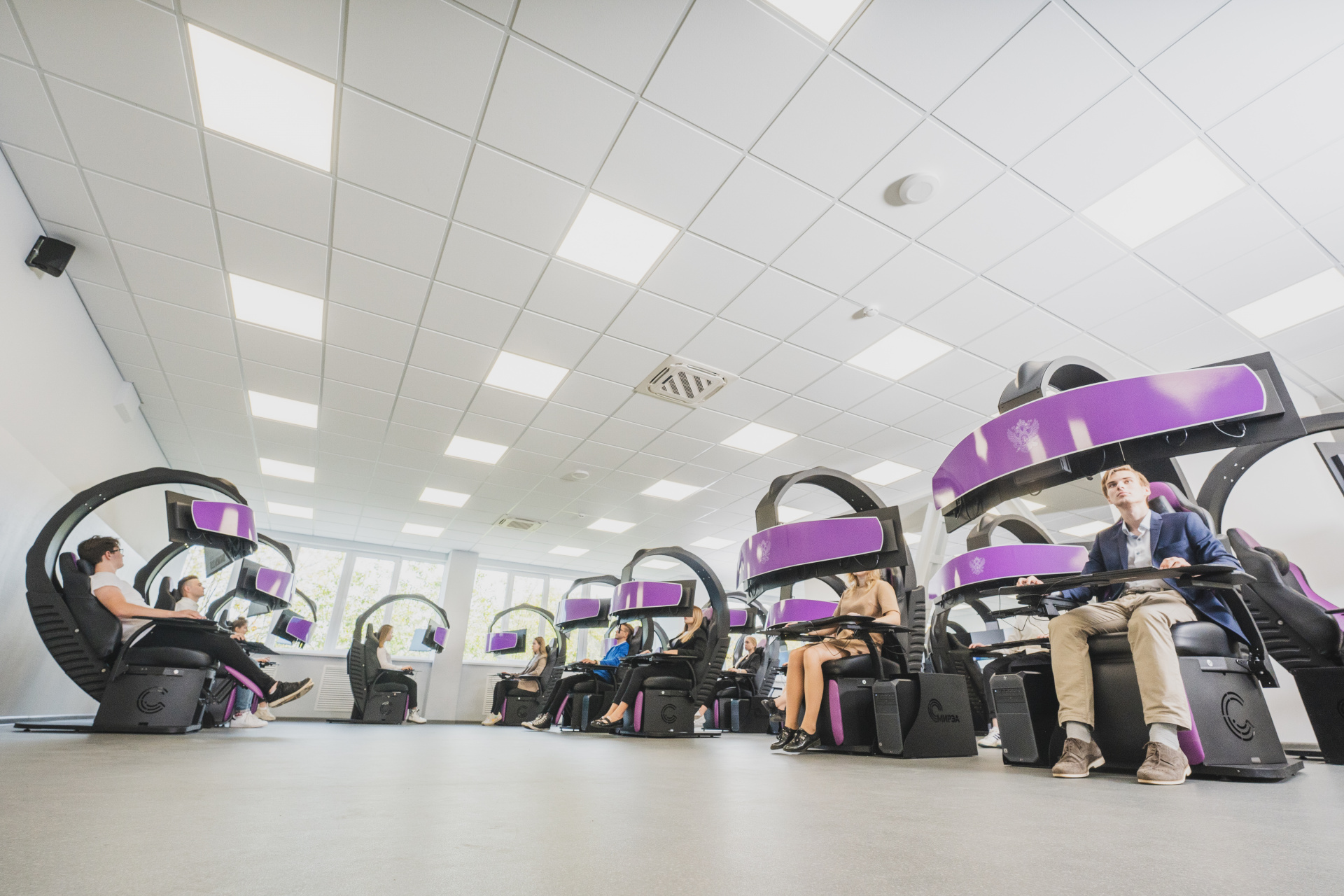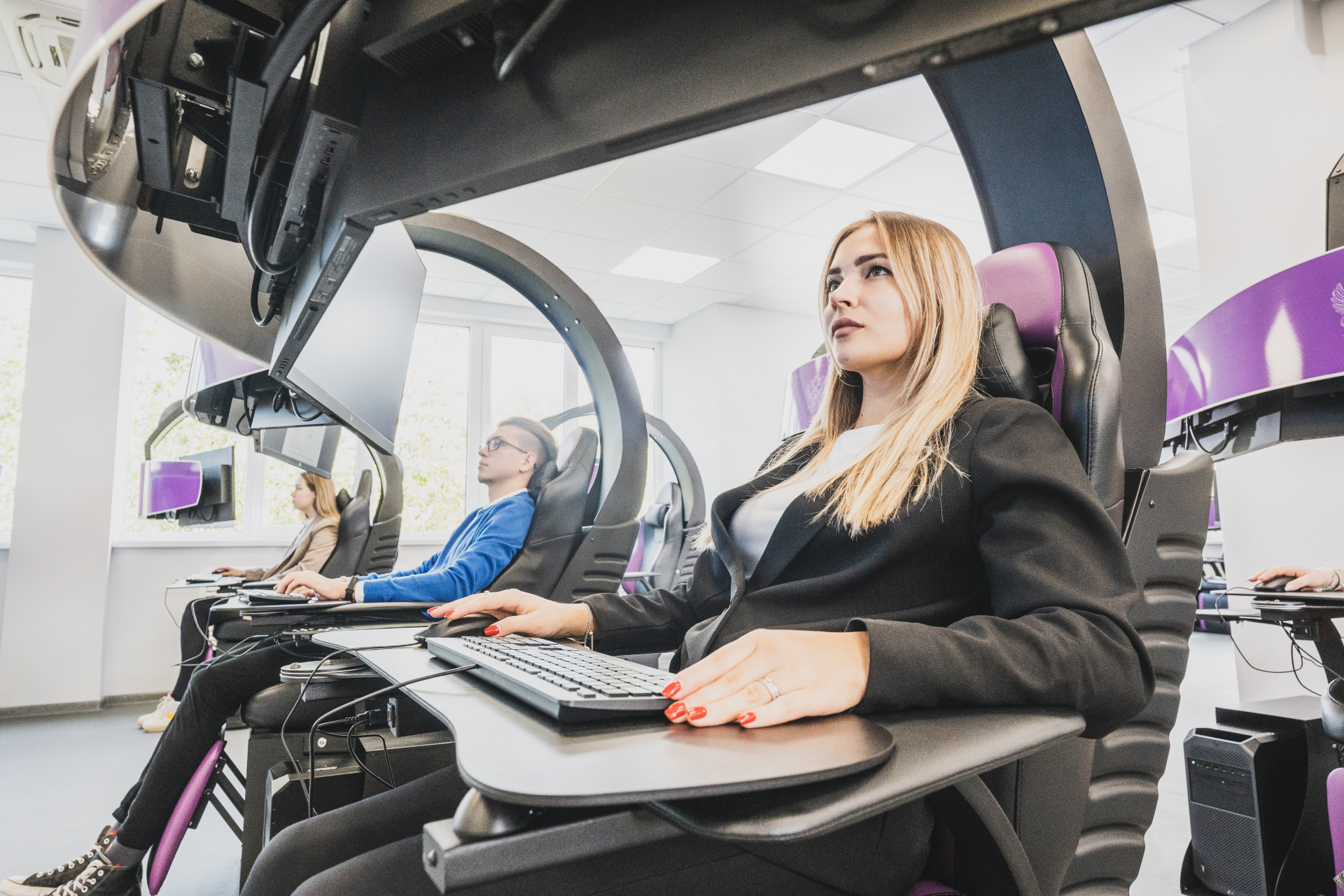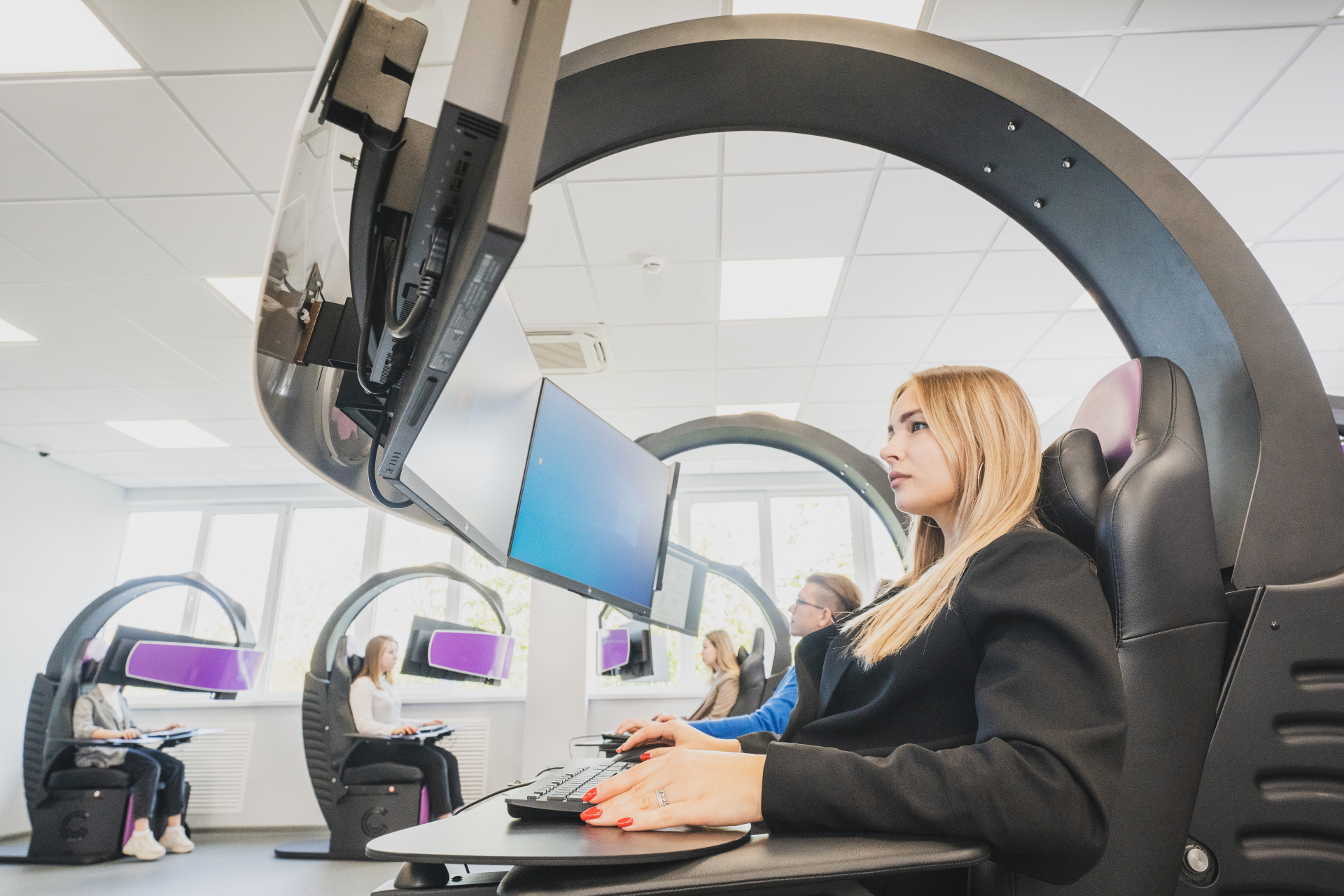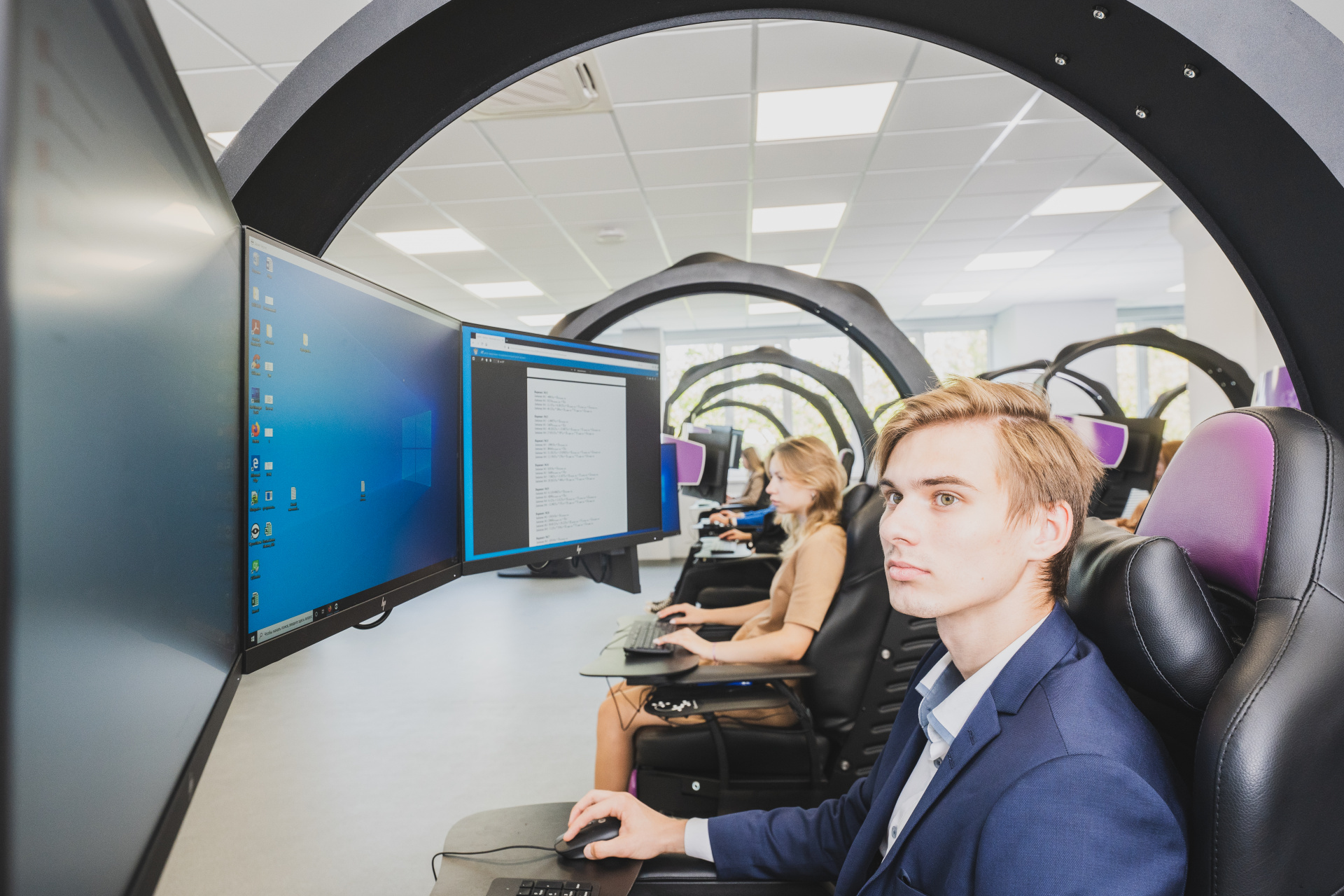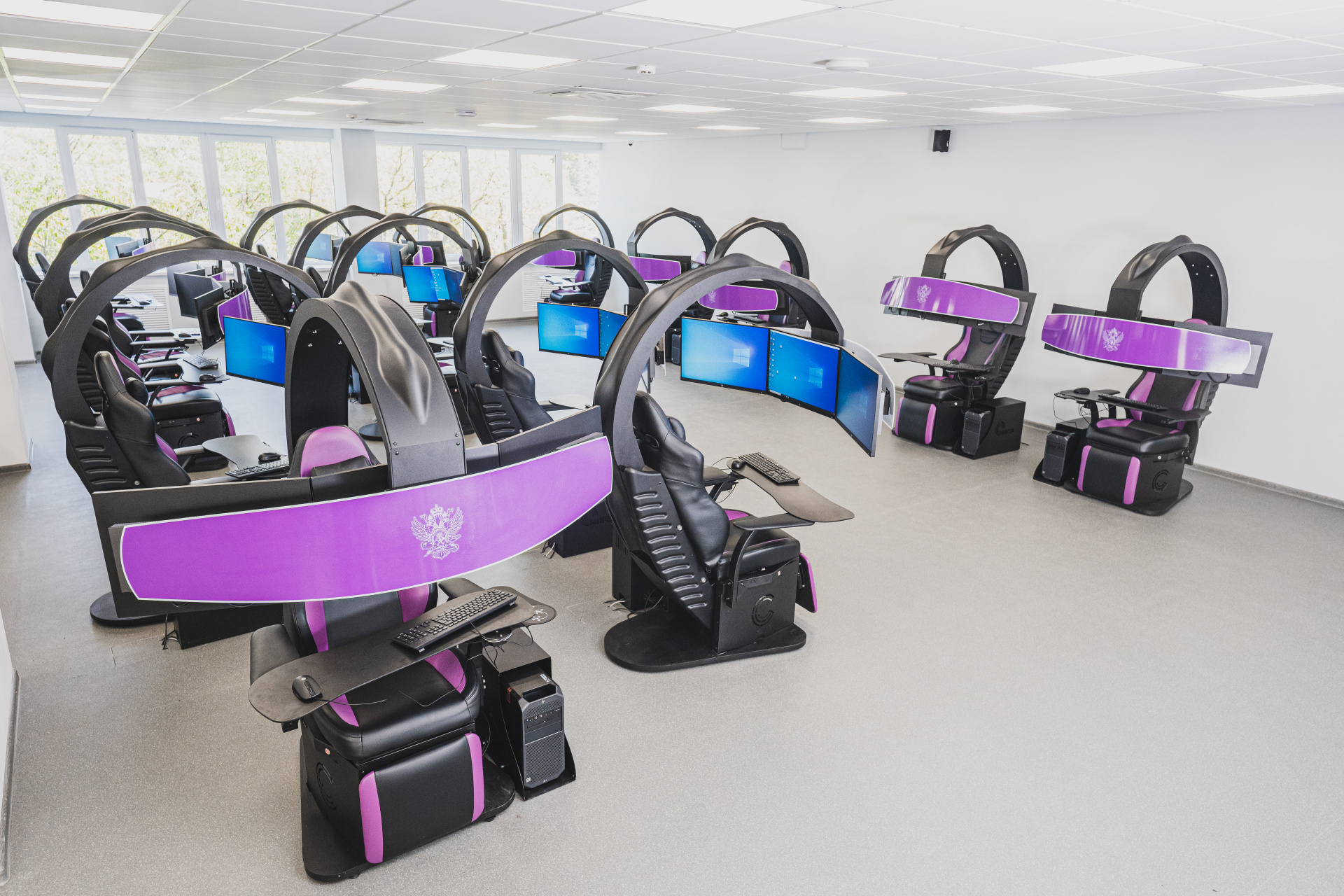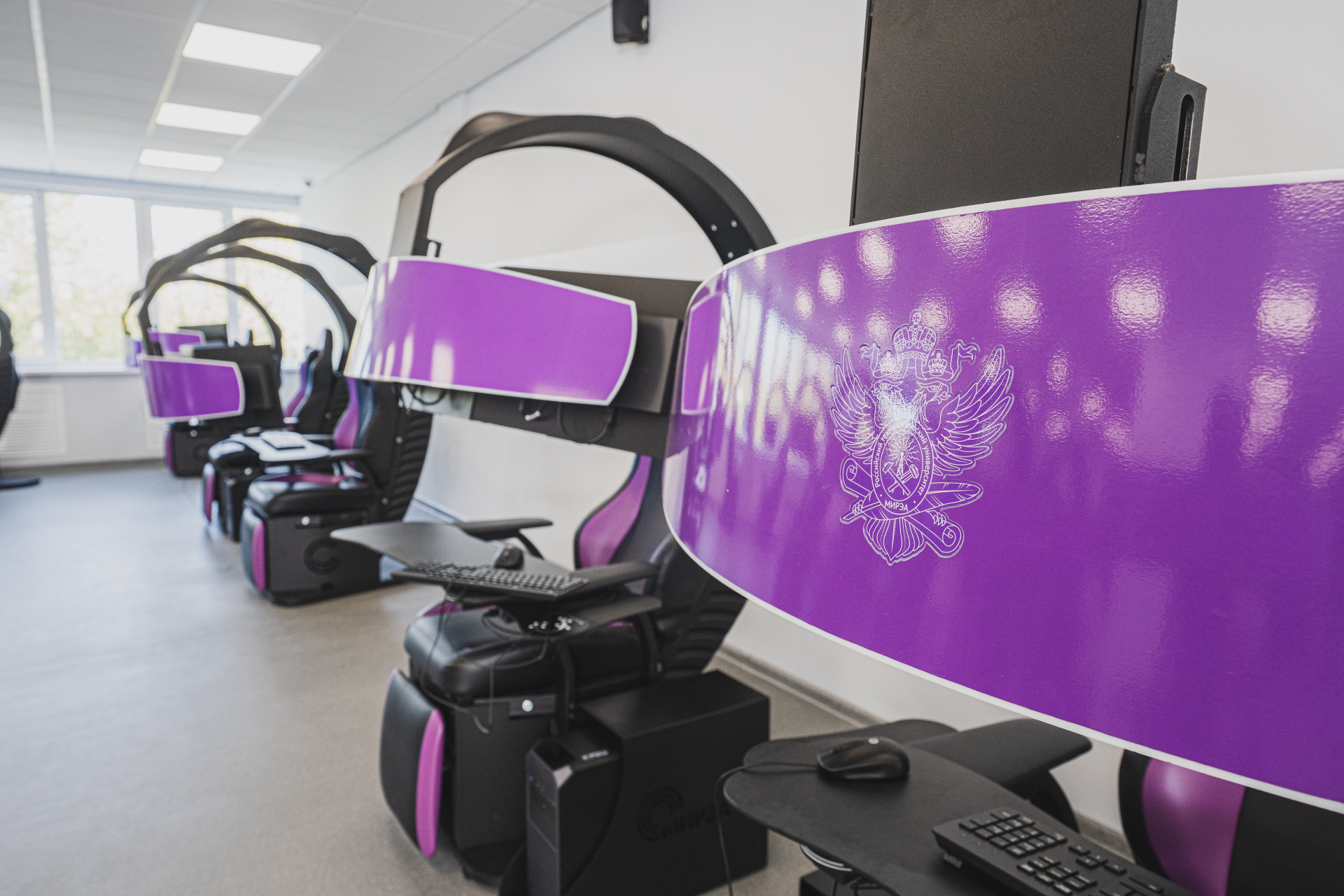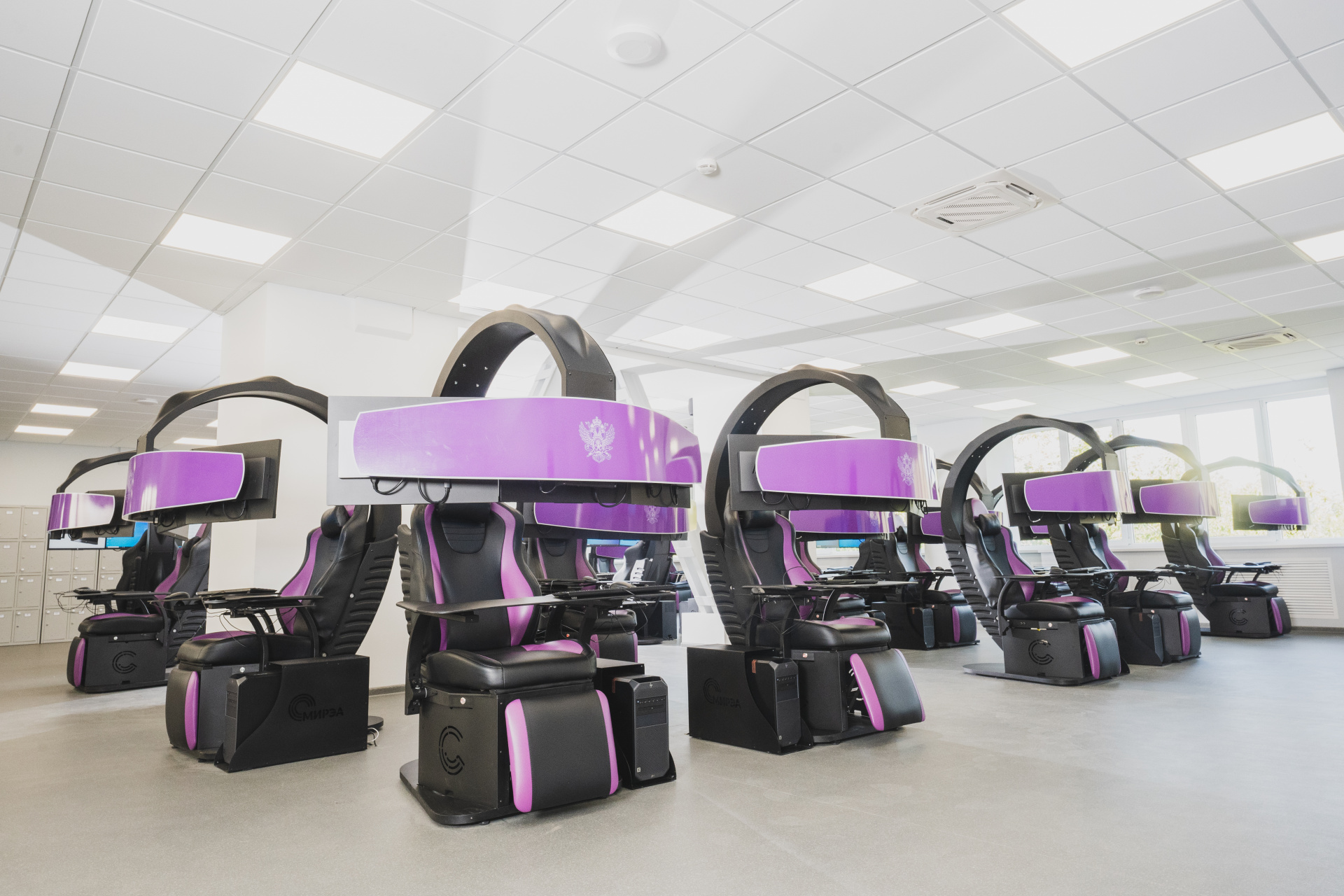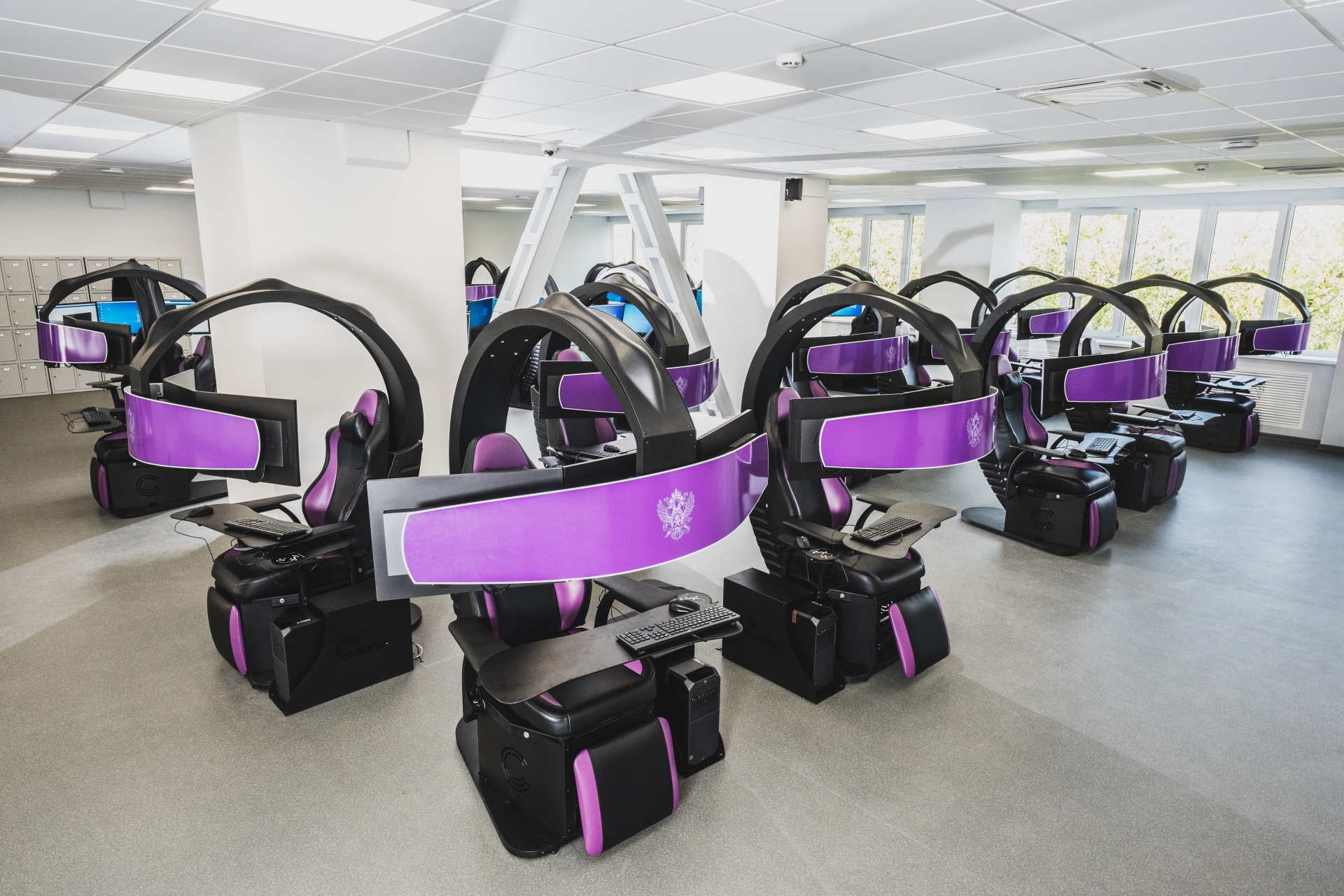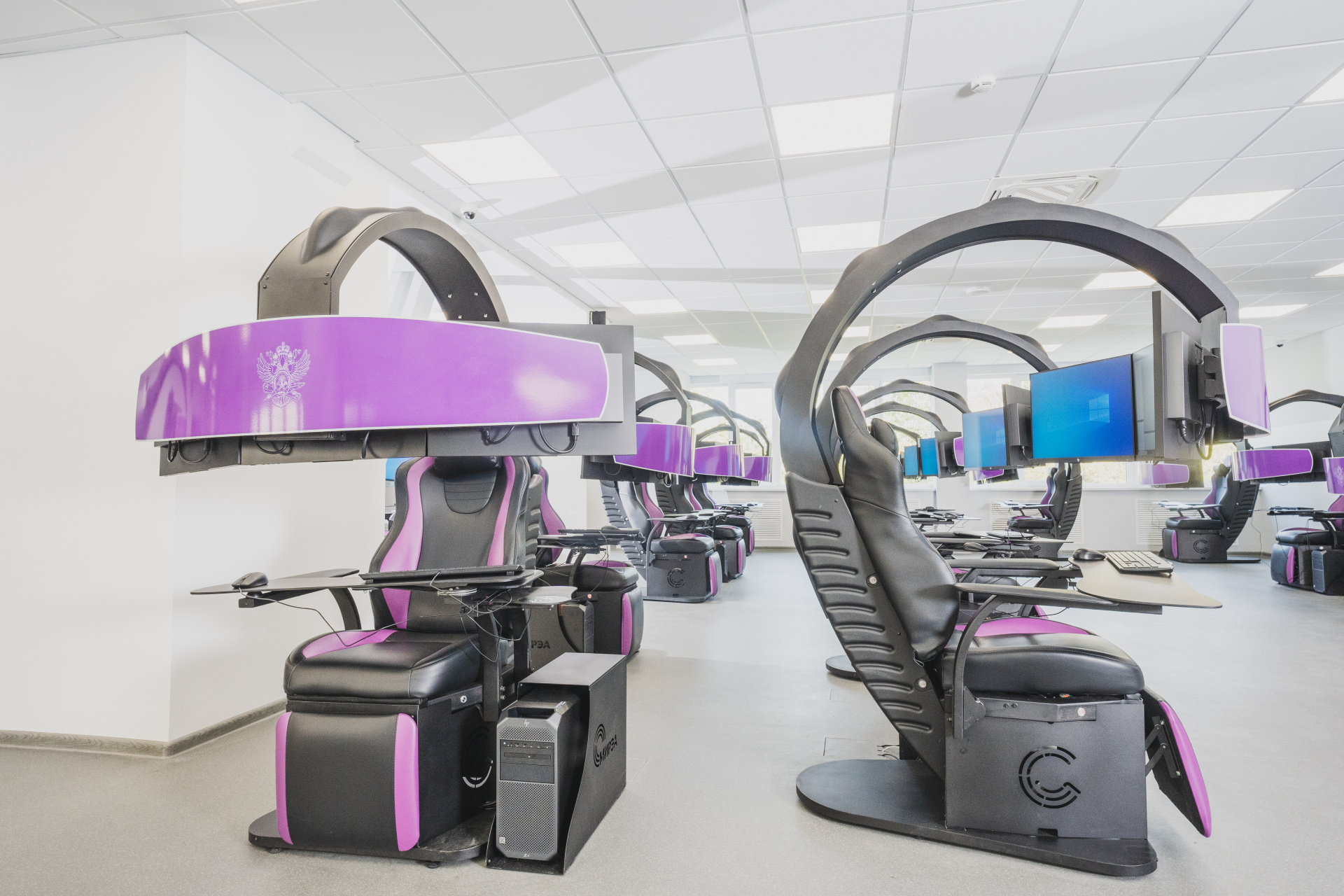Laboratory of Geographic Information Systems and Technologies
Laboratory of Geographic Information Systems and Technologies is a mega-laboratory of the Institute of Radio Electronics and Informatics, under the Department of Geographic Information Systems. It was established for training students to work with advanced geo-information software and prepare them for handling real-life applied problems.
The Main Spheres of Laboratory Activities
- Development of geographic information systems and complexes at various levels and platforms; development of methods for processing spatial data
- Research in spatial data processing and analysis
- Study of real-world objects and the interconnections thereof via geo-information modeling
- Development of geo-information models, geo-information systems, geo-applications, geo-tools and application modules related to handling of spatial data; of services that use spatial data; of geo-portals
Skills Acquired Using Laboratory Capabilities
In the course of training, students acquire skills necessary to develop geographic information systems and complexes at various levels and platforms; they also learn to process and analyze spatial data, including aerospace images, and learn geo-portals and geo-services developing techniques.
The laboratory contributes to training of future specialists in development and operation of geographic information systems and complexes at various levels, for processing and analysis of spatial data, development of geo-portals, geo-services and business solutions for a wide range of consumers in the public and private sector.
Bachelors and undergraduates are trained in the laboratory in the areas listed below:
- 05.03.03 Cartography and Geo-Informatics (Bachelor's Degree), specialization: Geo-Information Systems and Complexes
- 05.04.03 Cartography and Geo-Informatics (Master's Degree) under the program: Aerospace Sensing, Geo-Information Systems and Complexes
- 09.03.02 Information Systems and Technologies (Bachelor's Degree), specialization: Geo-Information Systems
Laboratory equipment
- Modern workplaces are equipped with comfortable cyber chairs and high-performance computers with professional video cards and three monitors
- NettleBox Hologram table which allows to display three-dimensional dynamic models
- Reproductive storage of geodata volume of 0.25 petabytes
Projects that students can implement in the laboratory
- Aerial imagery processing and spatial data generation
- Development of geo-services and geo-information software
- Monitoring of emergencies and projections for the development of emergency situations on the basis of remote sensing and Earth observation data
- Construction of three-dimensional geo-models
- Processing of big spatial data
- Educational Activity
-
Institutes
- Institute of Information Technologies
-
Institute of Artificial Intelligence
- About the Institute
- Institute Administration
- History of the Institute
-
Training programs
- Bachelor's Degree Programs
-
Master's Degree Programs
- 01.04.02 Applied mathematics and information science
- 09.04.01. Informatics and computer engineering
- 12.04.04 Biotechnical systems and technologies
- 15.04.04 Automation of technological processes and production
- 15.04.06 Mechatronics and robotics
- 27.04.03 System analysis and management
- 27.04.04 Engineering system control
- Infrastructure
- Alumni
- Contacts
- Institute for Cybersecurity and Digital Technologies
-
Institute for Advanced Technologies and Industrial Programming
- About the Institute
- Institute Administration
- History of the Institute
-
Training programs
-
Bachelor's Degree Programs
- 09.03.02 Information systems and technologies
- 11.03.04 Electronics and nanoelectronics
- 12.03.05 Laser technology and laser techniques
- 15.03.01 Mechanical engineering
- 22.03.01 Materials science and technology
- 27.03.01 Standardization and metrology
- 28.03.01 Nanotechnology and microsystems engineering
- 29.03.04 Decorative material working techniques
- 54.03.01 Graphic design
-
Master's Degree Programs
- 09.04.02. Information systems and technologies
- 11.04.04 Electronics and nanoelectronics
- 12.04.02 Optical engineering
- 15.04.01 Mechanical engineering
- 22.04.01 Materials science and technology
- 27.04.01 Standardization and metrology
- 29.04.04 Decorative material working techniques
- 54.04.01 Graphic design
-
Bachelor's Degree Programs
- Infrastructure
- Alumni
- Contacts
- Institute of Radio Electronics and Informatics
- Institute of Management Technologies
- Lomonosov Institute of Fine Chemical Technologies
- Institute of International Education
-
Mega-Laboratories
- Motion Capture Laboratory
- Immersive Technologies Laboratory
- Laboratory for the Development and Transfer of Microfluidic Technologies (DTMT)
- Cell Technologies Megalaboratory operating on the basis of the Department of Chemistry and Technology of Biologically Active Compounds, Medical and Organic Chemistry named after N.A. Preobrazhensky
- General Biotechnology Megalaboratory
- Industry 4.0: Digital Robotized Production center
- Laboratory of Intelligent Autonomous and Multi-Agent Robotic Systems
- Research and Educational Center for Biosynthesis, Isolation and Purification of Monoclonal Antibodies (Generium)
- Rare and Precious Metals Research and Technological Center operating on the basis of the Department of Chemistry and Technology of Rare Elements named after K.A. Bolshakov
- Laboratory of Analytic, Modeling, Design and Digital Prototyping Technologies
- Import Substitution of Information Technologies Educational and scientific testing complex
- Smart Production Systems Educational and Scientific Center
- Elastomers. Thermoplastics. Technologies Educational and Research Center operating on the basis of the Department of Chemistry and Technology of Elastomer Processing named after F.F. Koshelev
- Catalytic and Mass Exchange Processes center
- Center of Innovative Technologies in Microelectronics
- Center for Cybersports Robotics
- Mobile Robotics University Laboratory
- Radio electronic Technologies Megalaboratory
- Departmental Situation Center of the Ministry of Science and Higher Education of the Russian Federation for monitoring the sphere of education and science
- Scientific and Educational Center for Medical Radiology and Dosimetry
- Laboratory of Geographic Information Systems and Technologies
- Educational and Research Center for Space Monitoring ("CosMoCenter")
- Additive Polymer Technologies Center
- Cyber Threat Research Megalaboratory
- Digital Center of Rosatom State Corporation
- Laser Technologies Megalaboratory
- Mathematical Modeling and Artificial Intelligence Megalaboratory
- Megalaboratory of Digital and Additive Technologies in Mechanical Engineering
- Nanomaterials and Nanostructures Diagnostics Center
- Techno-coworking
- TESLA Educational and Research Center
- Bachelor's Degree Programs
- Master's Degree Programs
- Additional Education Programs
- Physical Education and Sports
© 2026 MIREA - Russian Technological University


